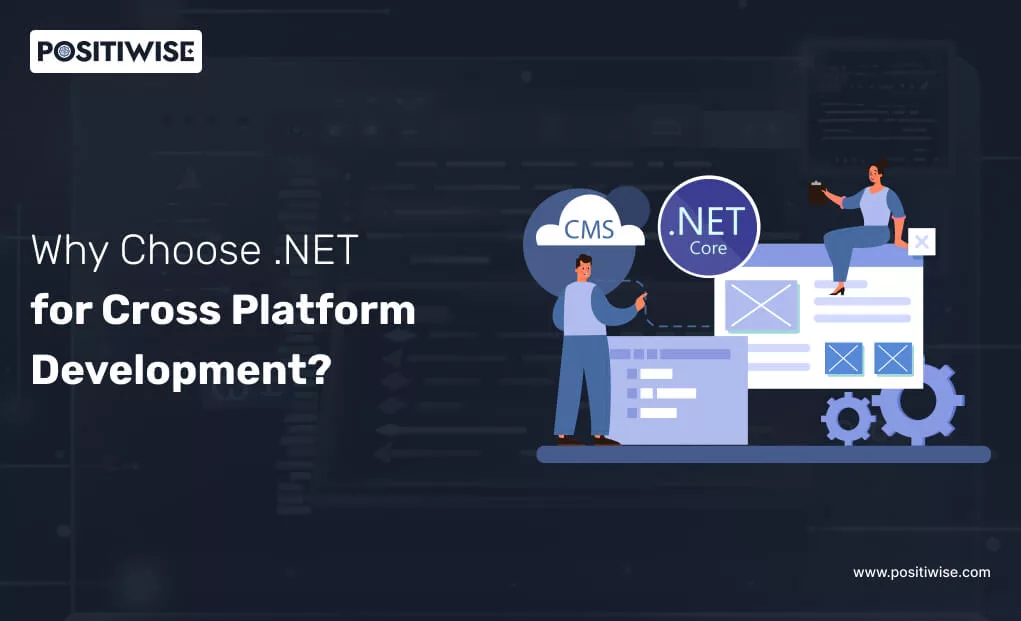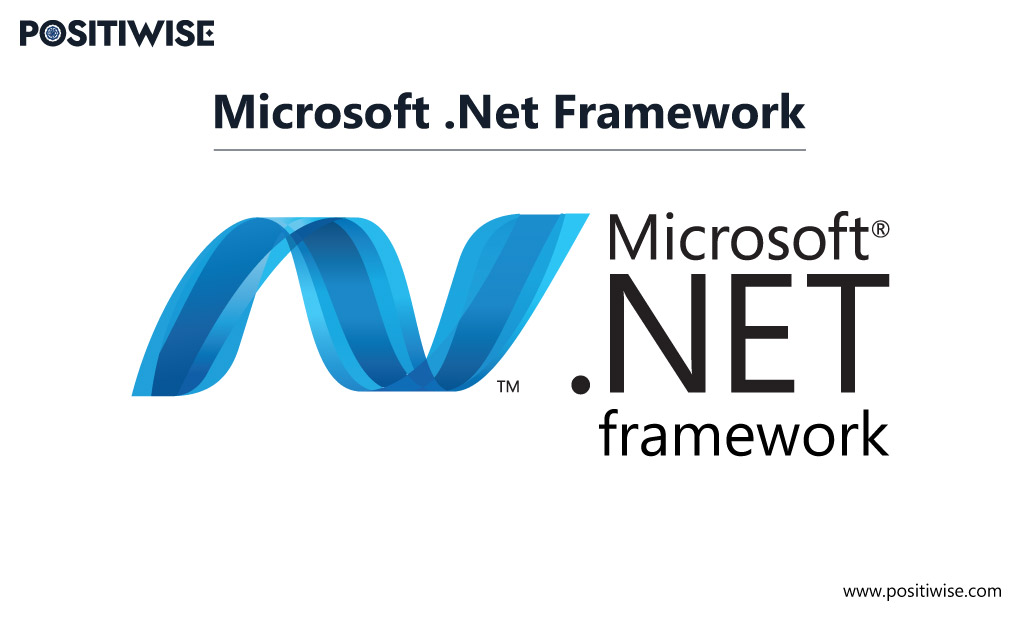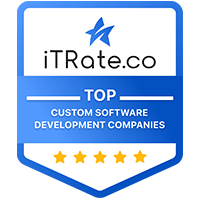Quick Overview:
For cross platform programming, there are several strong reasons to use .NET. In this blog, you will learn about the benefits of choosing .NET for Cross Platform development. You will also explore the benefits and uses of .NET and cross platform development.
Introduction
A successful product development and launch frequently result from strategic thinking and decision-making. Selecting a platform for the development and distribution strategy of the product is one of the significant choices project managers have to make. Many of these development platforms may be utilized to create various software products. Nonetheless, the numerous benefits that the .NET framework offers make it stand out as a unique solution.
Get a Detailed Understanding of .Net
The software development industry has transformed thanks to .Net cross platform development, which provides a solid and adaptable foundation that sets it apart from rivals and predecessors. This post will examine the unique qualities of .NET and the notable distinctions between it and the conventional .NET Framework.
We’ll also talk about the incredible capabilities that .NET now has, which make it a fantastic option for creating contemporary applications. We will also reveal cros platform compatibility, containerization features, performance improvements, and insights into the .NET future roadmap. Prepare to explore the world of .NET and the remarkable opportunities it offers.
Simply put, .NET is a cross platform, free, and open-source framework for creating contemporary apps. The .NET has you prepared, whether you’re a Windows, Linux, or Mac fan. It’s important to comprehend .NET to comprehend what .NET is. When people refer to “.NET,” they often mean “.NET Framework,” but there is more to it beyond that. This indicates that the .NET Framework and .NET have a lot of commonalities. However, .NET is new and designed with certain distinct ideas in mind.
Framework for Developing Cross Platform Apps?
With a single codebase, mobile developers may create native-looking apps for several platforms, including cross platform development and Android, by utilizing cross platform mobile development frameworks. One of the main benefits of this method versus native app development is shareable code. Mobile engineers may speed up the development process by reducing the requirement to write code for every mobile operating system by having a single codebase.
.NET Cross Platform Application Development Framework: What is It?
Cross platform software is designed to work on several computer systems, such as Windows, Android, iOS, Blackberry, and so on. Apps developed using this framework must be coded once to lay the groundwork for them to function effectively across all platforms, eliminating the need for separate programming. Nearly all of the best providers of services for developing mobile apps vouch for it as one of the most widely used approaches in the industry today.
To put it another way, cross platform app development firms are experts in developing adaptable and productive programs that function flawlessly on many operating systems. These IT consulting companies may cut development time and expenses while maintaining an identical user experience across all platforms by leveraging cutting-edge mobile frameworks and technologies.
Explore the Benefits of the .NET Framework
.NET is a good option for many developers and programmers who are creating software products.
Less Time and Effort Spent on Development
For several reasons, the .NET framework accelerates and simplifies the application development. Naturally, one of them is its cross platform functionality. With this framework, programmers may create code individually and have it operate on several contexts and operating systems, including Windows, Linux, and macOS. Applications built using .NET technology are platform-independent since they are standalone and have the necessary runtime.
Thanks to this functionality, software development for different environments is now considerably faster and less expensive than with old techniques. It makes sense for development teams with cross platform requirements to use the .NET framework. The framework makes it easier to create self-sufficient microservices and high-performing cloud applications. To assist developers in creating these apps as soon as feasible, a plethora of templates and tools are accessible.
Simple Deployment and Verification
Testing and deployment are two more areas where the .NET framework yields significant improvements. Testing is accelerated because of its stand-alone nature, which allows code modifications to be seen without requiring deployment. Additionally, a built-in database for test automation and unit testing is included.
Framework-dependent and self-contained deployment options are available to developers. The latter allows the .NET version, which was used to develop the product, to be deployed with the application. In contrast, the former needs the system that is being deployed to have a compatible equivalent of the framework installed. You don’t have to worry about whether the intended operating system will have the necessary framework to run the program when using self-contained deployment. Everything may be shipped in a single box, which can travel to your desired destination.
A Vast Collection of Pre-Existing Framework Code
As a part of the .NET framework, .NET is home to enormous pre-written code libraries kept up to date by the .NET community and Microsoft. Any development project may easily use these pre-written code blocks and make necessary modifications to get off to a good start. This code collection shortens the time to market and greatly simplifies the creation of apps that utilize this framework.
Another fantastic resource for developers is the .NET community. It helps seasoned developers share ideas find innovative solutions to challenges, in addition to helping novice developers become proficient with the platform. Additionally, .NET is the best option if you install several programs requiring different .NET Framework versions. It permits the operation of several services with various .NET versions deployed on a single server.
Cross Platform Development: What is it?
The development of cross platform applications seeks to create a single application that operates identically on all platforms. In contrast, native development depends on languages and tools for programming, particularly those developed for one platform (Java and Kotlin for Android solutions, Objective-C, and Swift for iOS apps).
Platform-agnostic technologies such as HTML, JavaScript, and CSS are used for hybrid improvement. Dart, C# and JavaScript are used for near-native cross platform advancement when coding applications for several platforms. For OSs and devices, none of these tongues are native. The code is then bundled into native packages that may easily interface with iOS and Android systems with the aid of well-known frameworks for creating mobile apps. Because native and independent code compatible with different platforms are combined, near-native and hybrid programs can have a virtually native appearance and feel. To deploy a product rapidly, developers build the logic for the app only once before they reuse it.
Examining the New Features in .NET
The .NET Core offers comprehensive features you can leverage for your web app development. Here are a few of the most significant ones to ensure optimal growth of your .NET projects.
ASP.NET Core
The web framework created on top of .NET, ASP.NET, is revolutionizing web development. It offers a cutting-edge, cloud-ready, modular framework for creating online apps. ASP.NET equips developers to create beautiful online experiences with capabilities like resource injection, built-in assistance with RESTful APIs, and smooth interaction with well-known front-end frameworks.
Core Entity Framework
The object-relational modeling (ORM) framework for .NET is called Entity Framework Core. With the higher-level abstraction it offers, interacting with databases and manipulating them are made simpler. You may stop worrying about laborious SQL queries and instead concentrate on the logic of your application using Entity Framework Core. It provides features like automated change tracking, simple testability, and migrations for several databases.
Improvements to Language and C# 9.0
For .NET developers, C# is the preferred language; with C# 9.0, it’s even better. This most recent version includes new language capabilities, including records, better pattern matching, and more nullability. These enhancements save you time and lessen the likelihood that errors will inadvertently find their way into your code by making code authoring more concise and expressive.
Blazor
Not to be overlooked is Blazor, a ground-breaking web framework that enables C# programmers to create interactive client-side web apps. You may build C# frontend code with Blazor and use the advantages of end-to-end development in a single language. It removes the requirement for JavaScript, which adds a little more happiness to your life as a developer. .NET is undoubtedly something you should investigate, regardless of your level of experience with coding.
Conclusion
Using .NET to create cross platform apps is a terrific way to expand your user base and give them more options. The process of creating cross platform applications with .NET was covered in detail in this article. It included installing the framework, selecting an IDE, starting a new project, writing the code, constructing and running the application, distributing it, and distributing it. With this understanding, you can use .NET to create cross platform apps and benefit from all its features.
Expert in Software & Web App Engineering
Parag Mehta, the CEO and Founder of Positiwise Software Pvt Ltd has extensive knowledge of the development niche. He is implementing custom strategies to craft highly-appealing and robust applications for its clients and supporting employees to grow and ace the tasks. He is a consistent learner and always provides the best-in-quality solutions, accelerating productivity.






